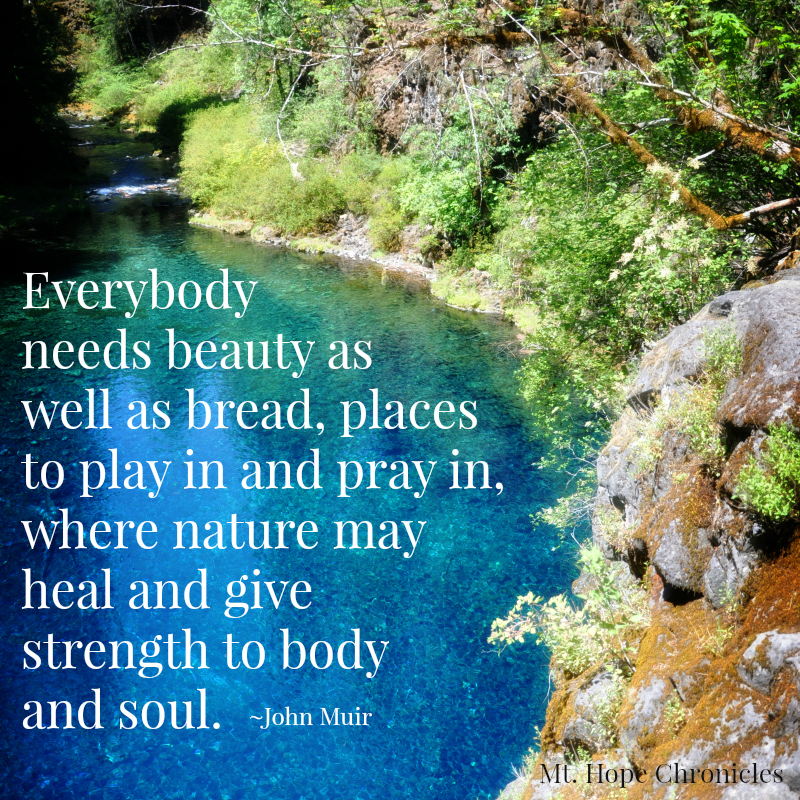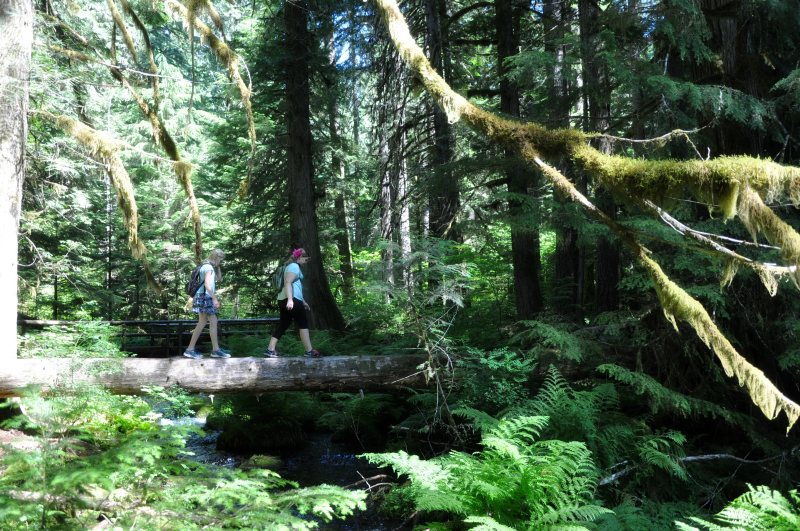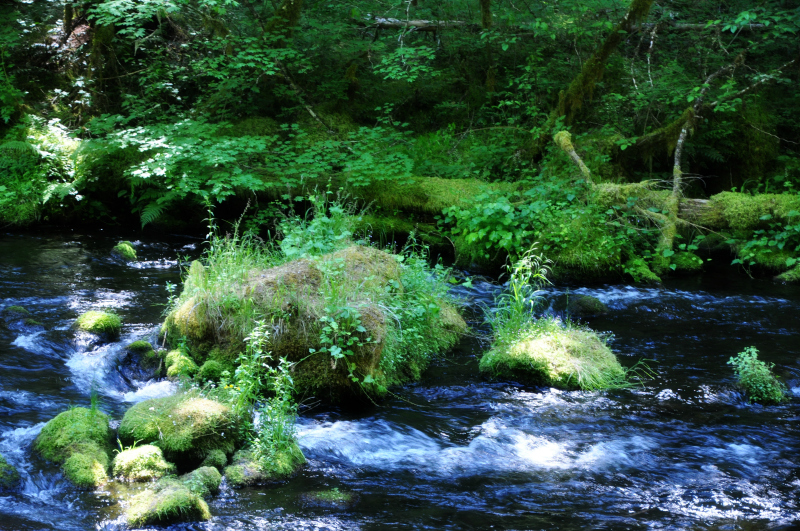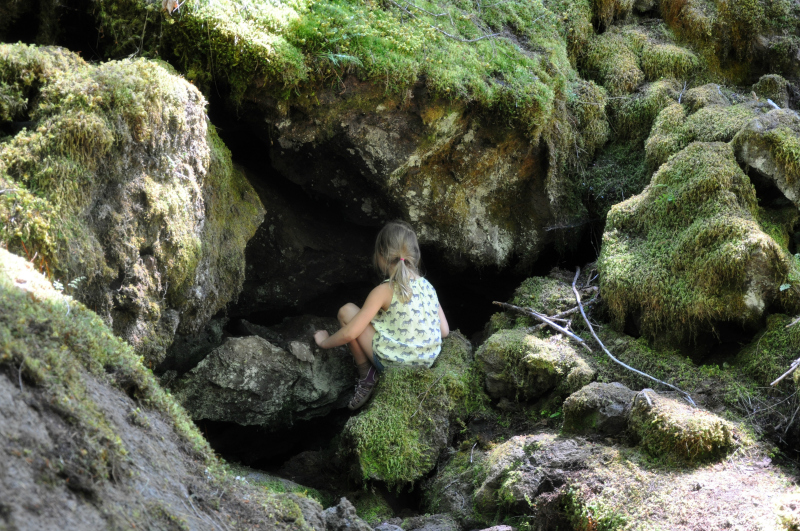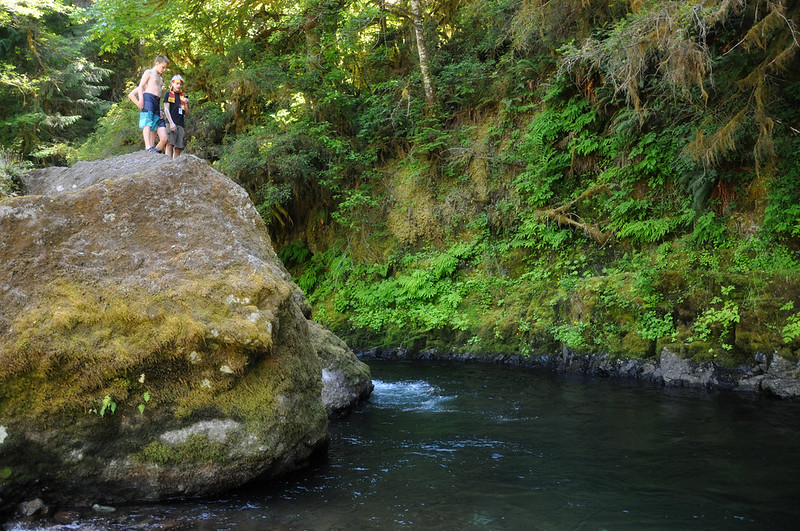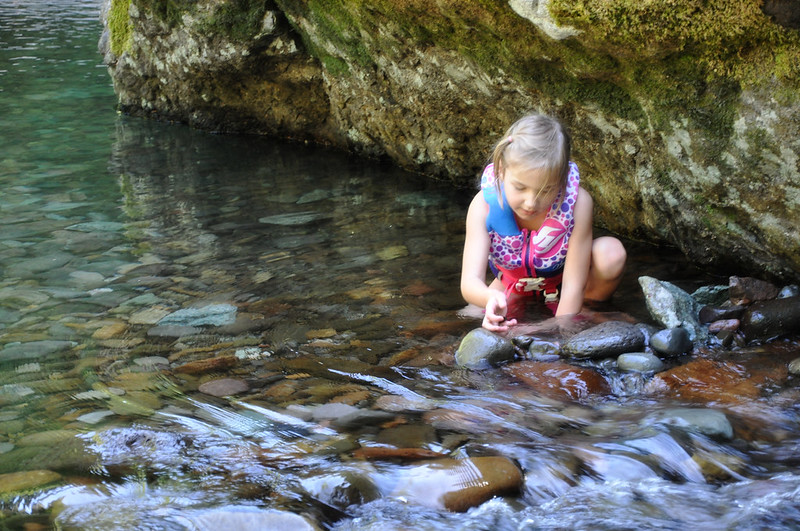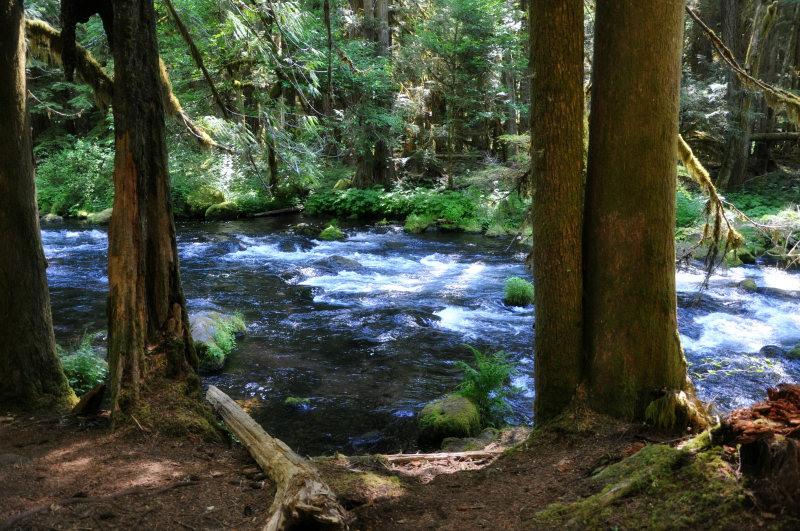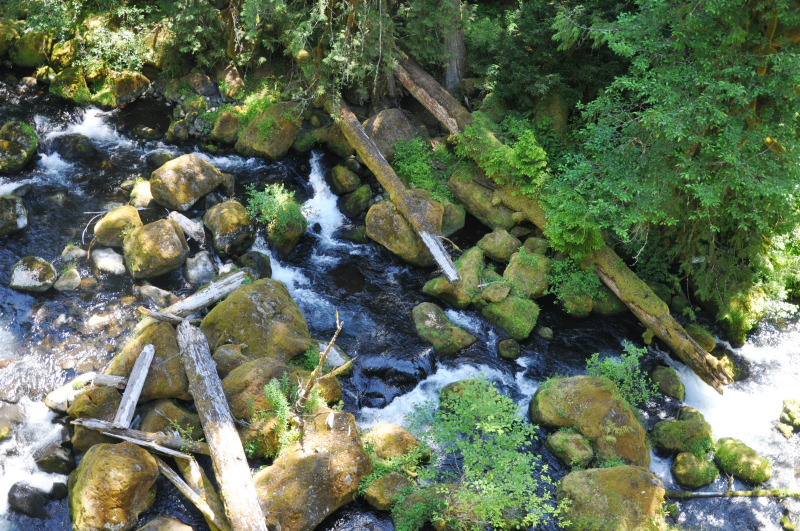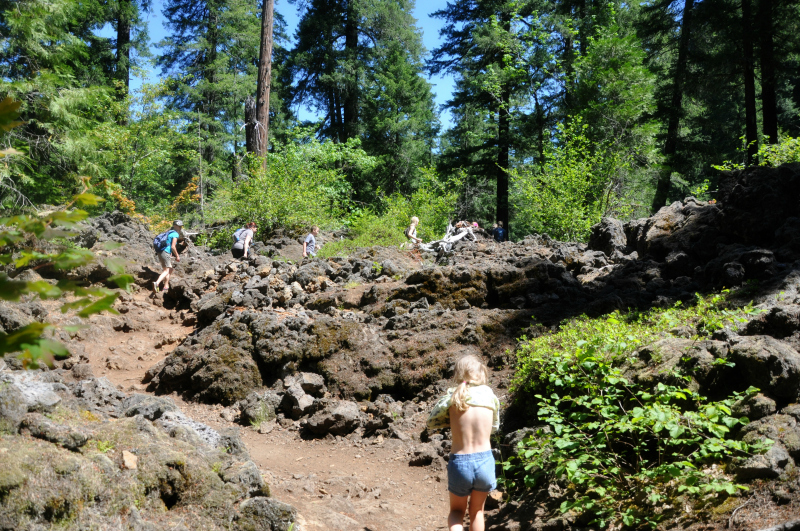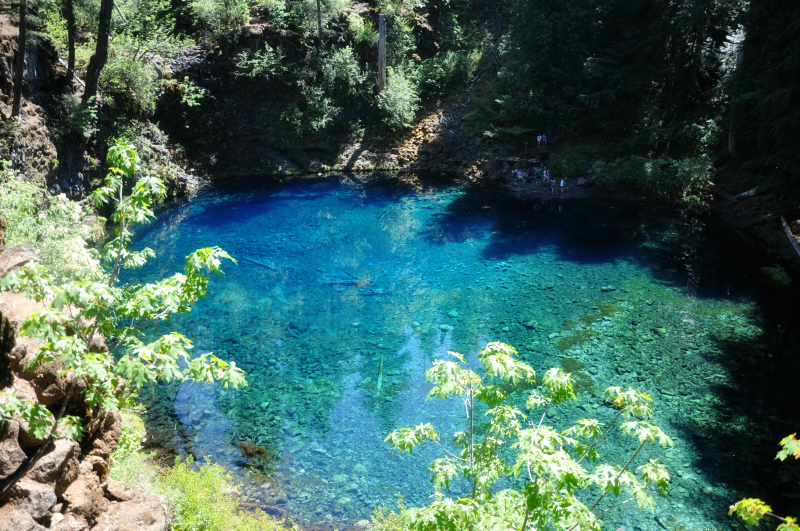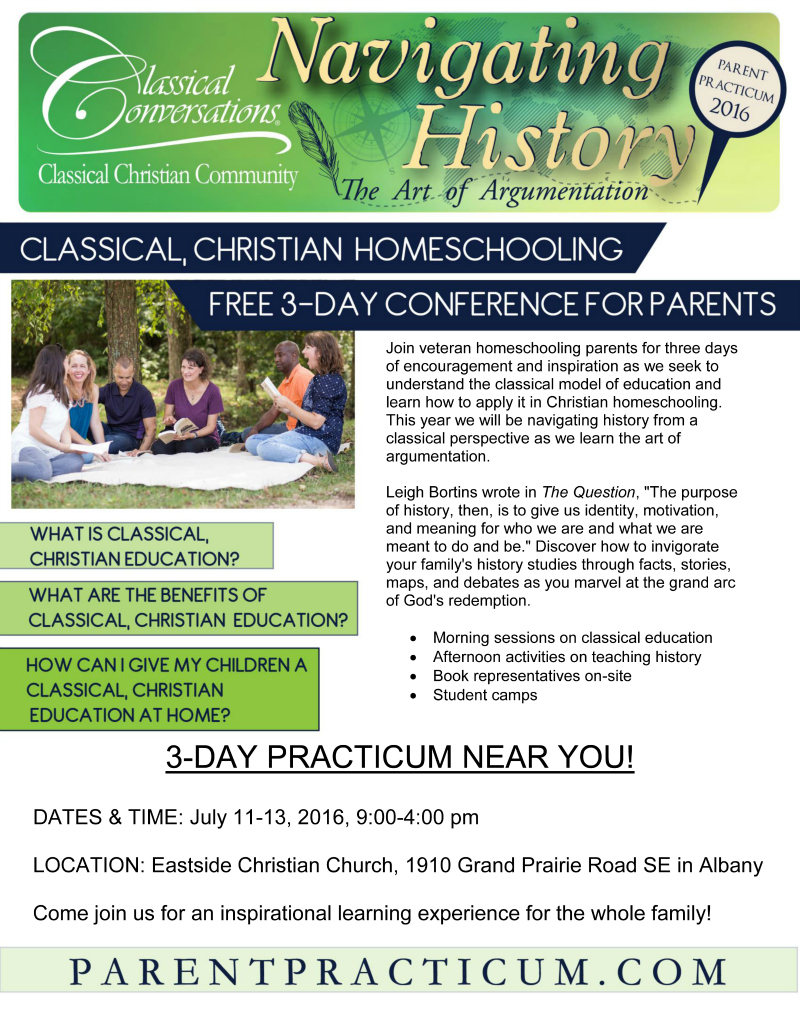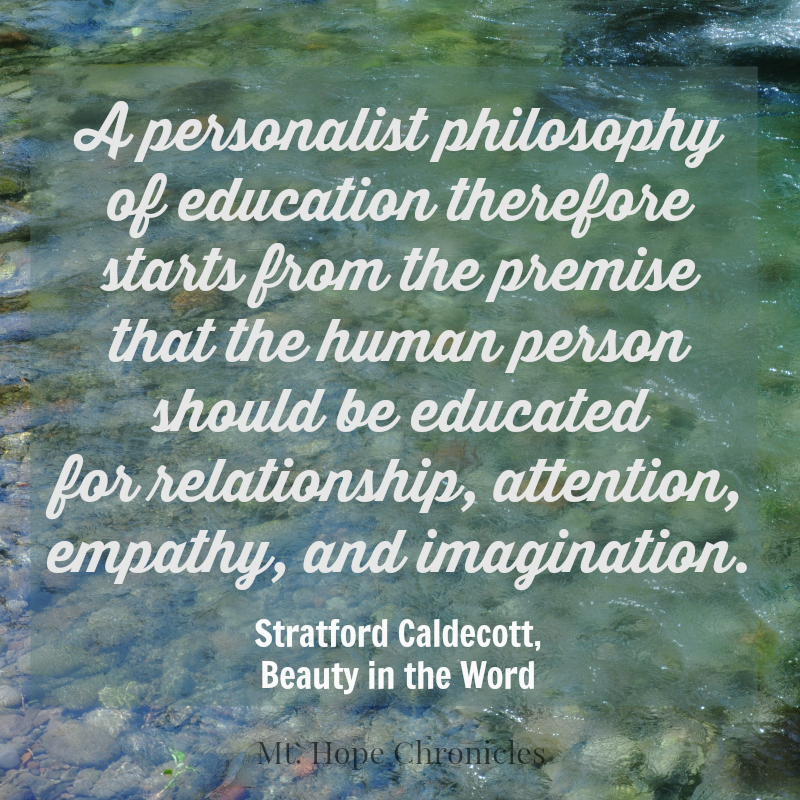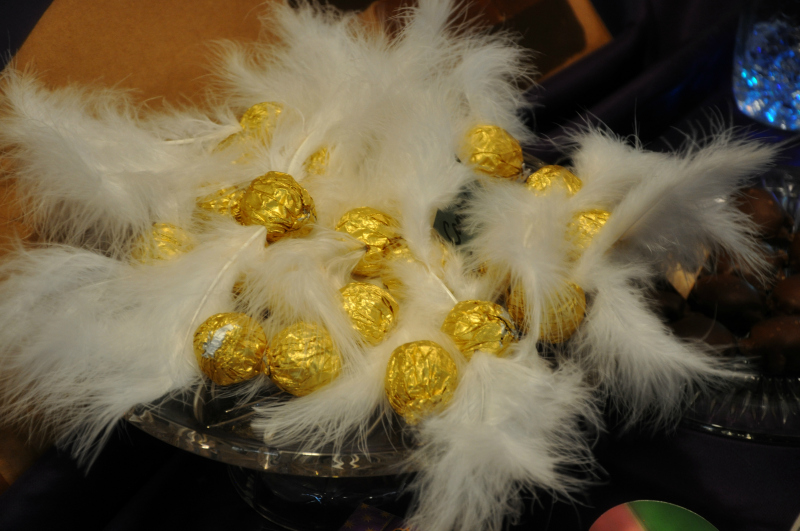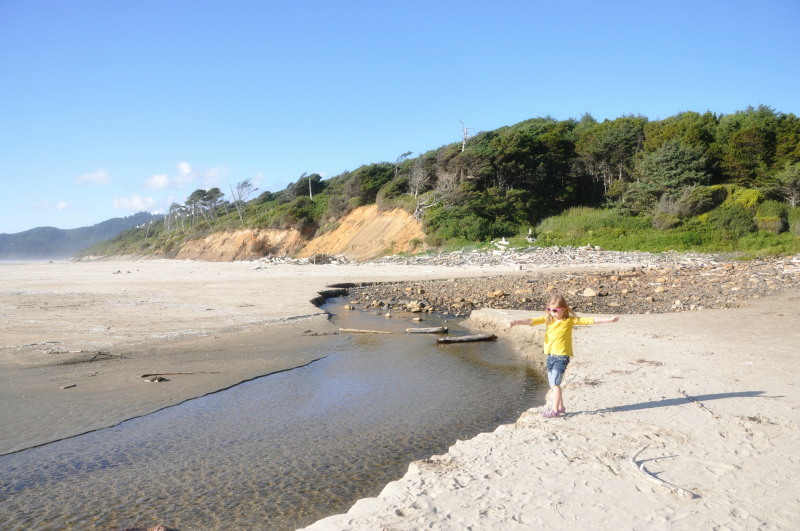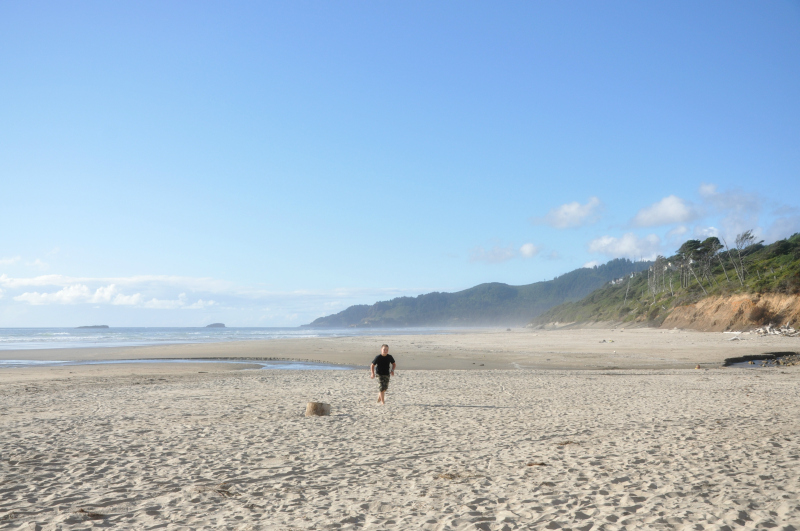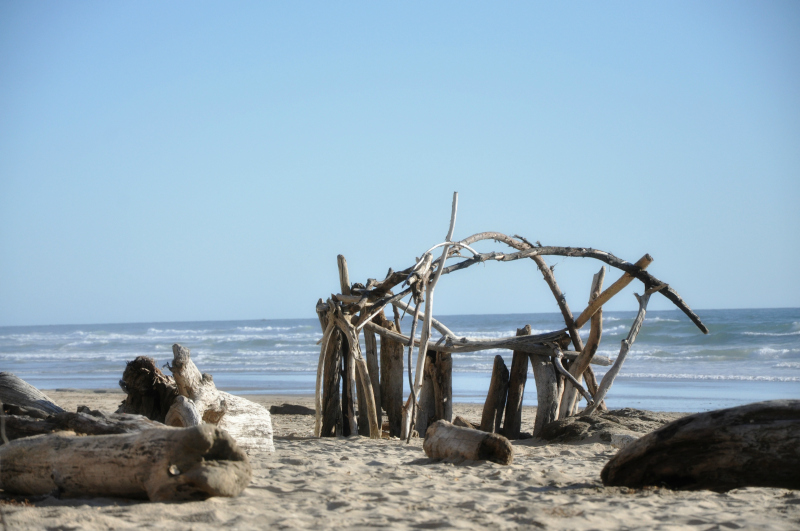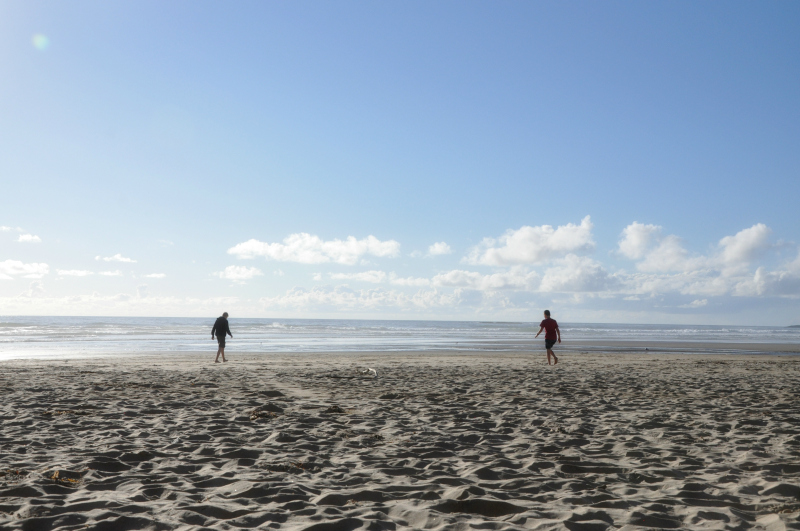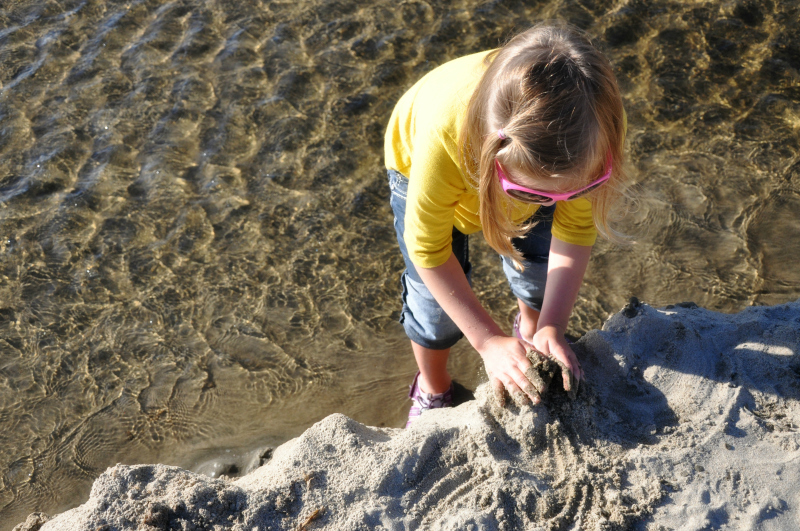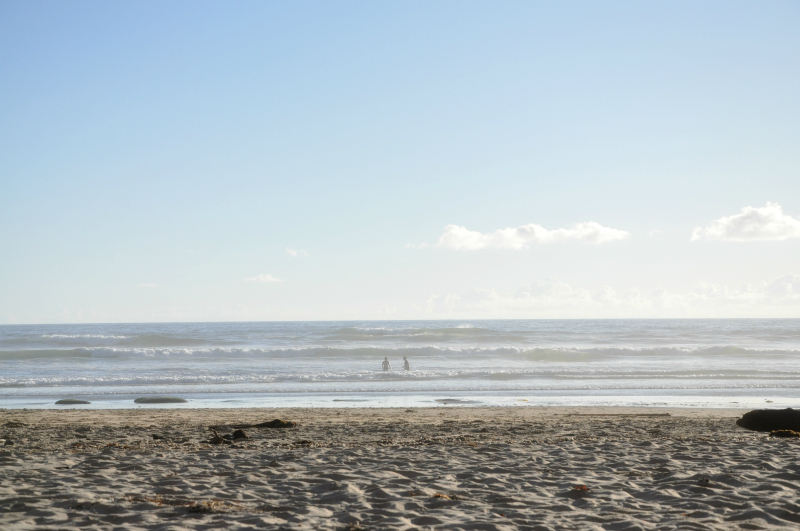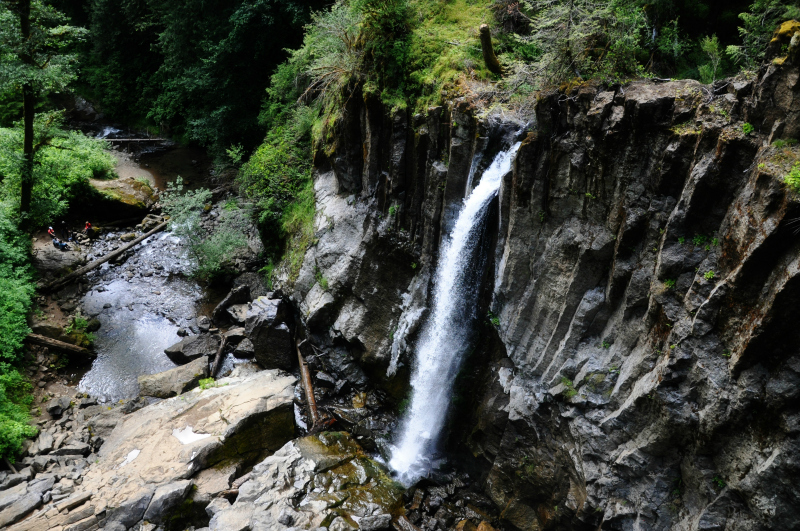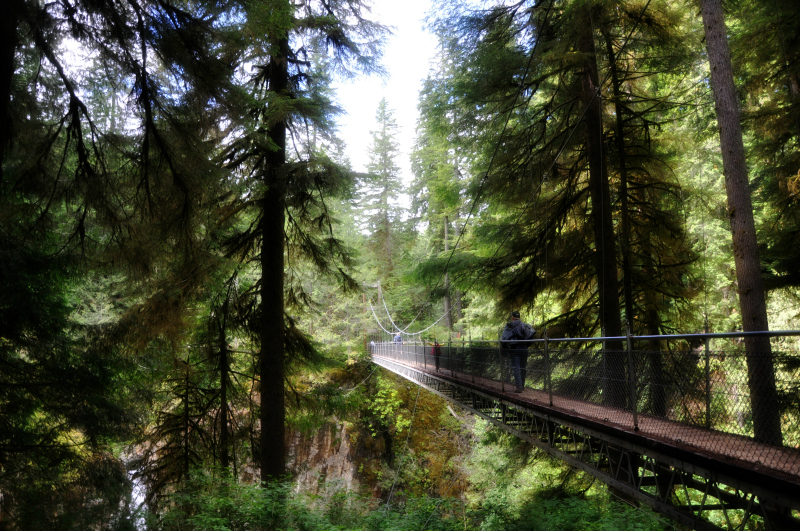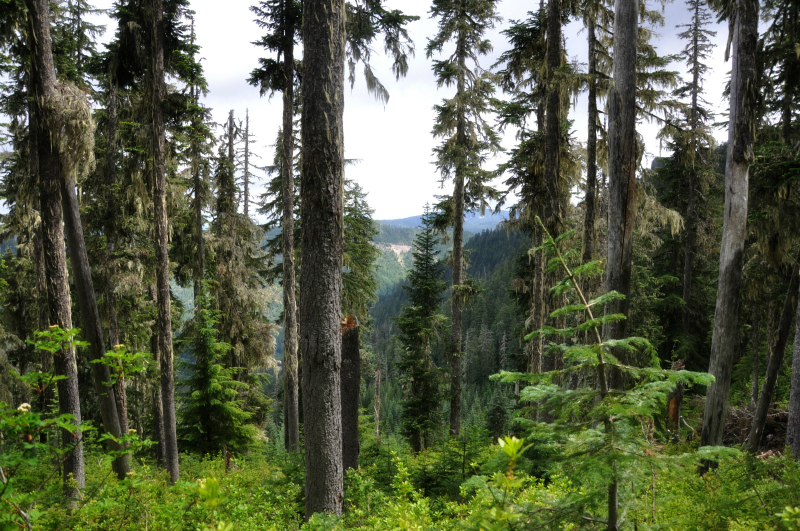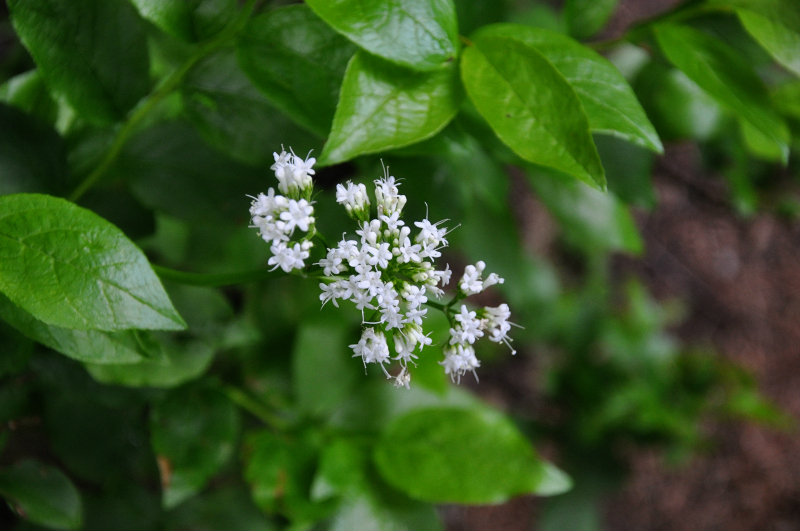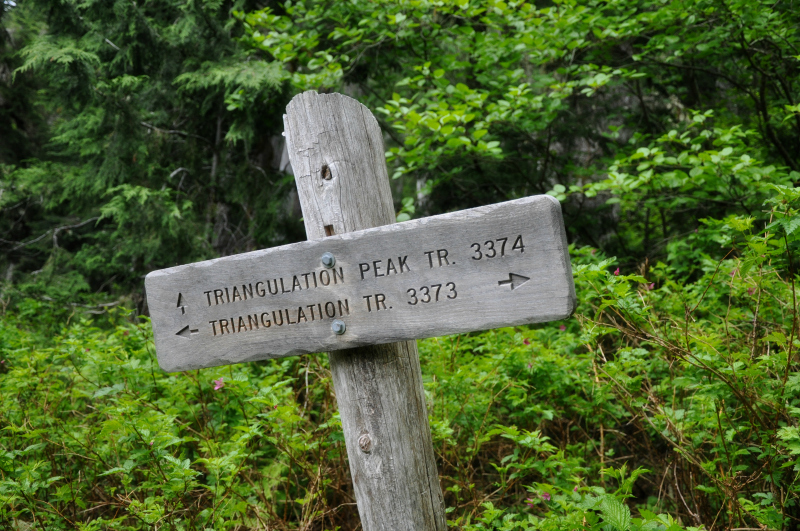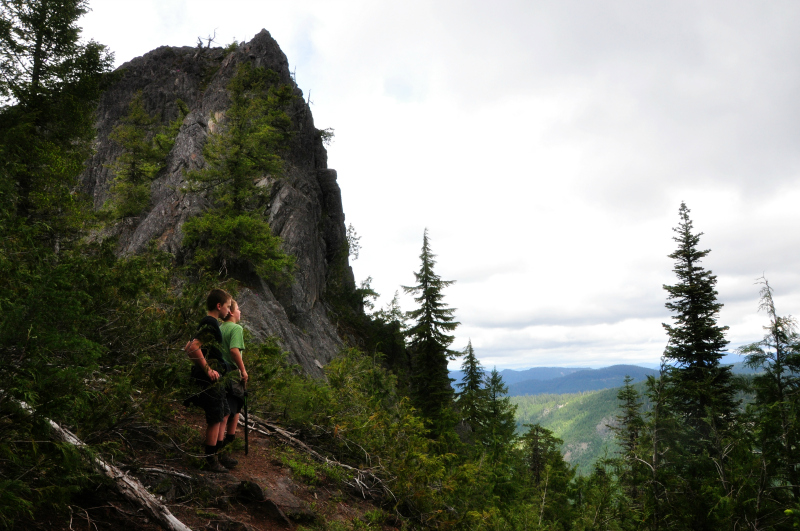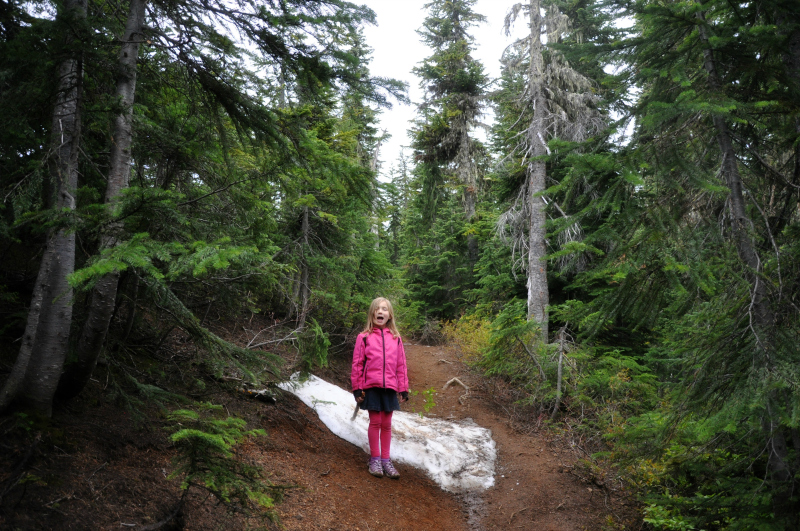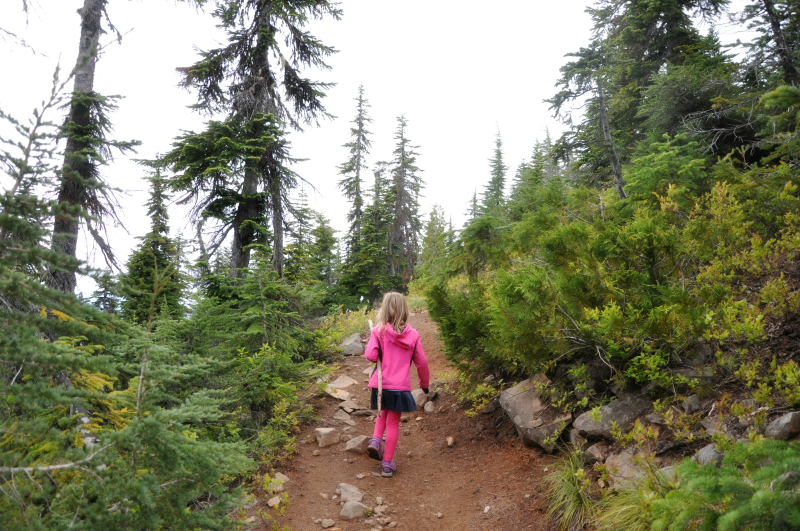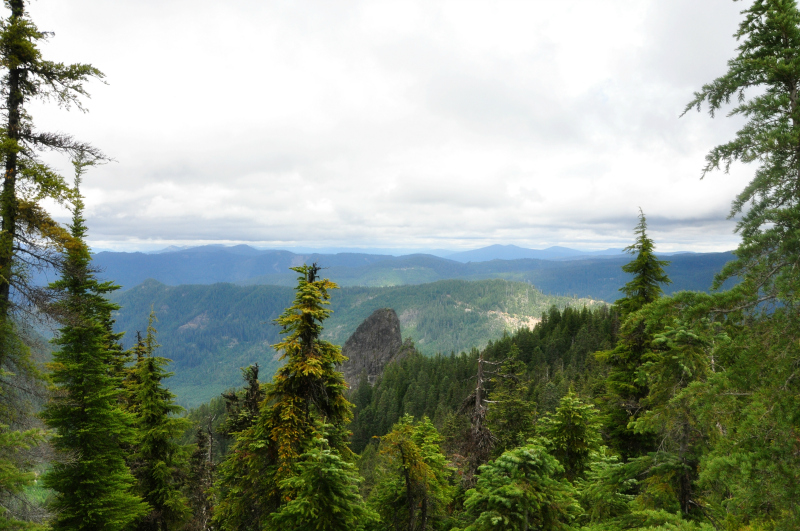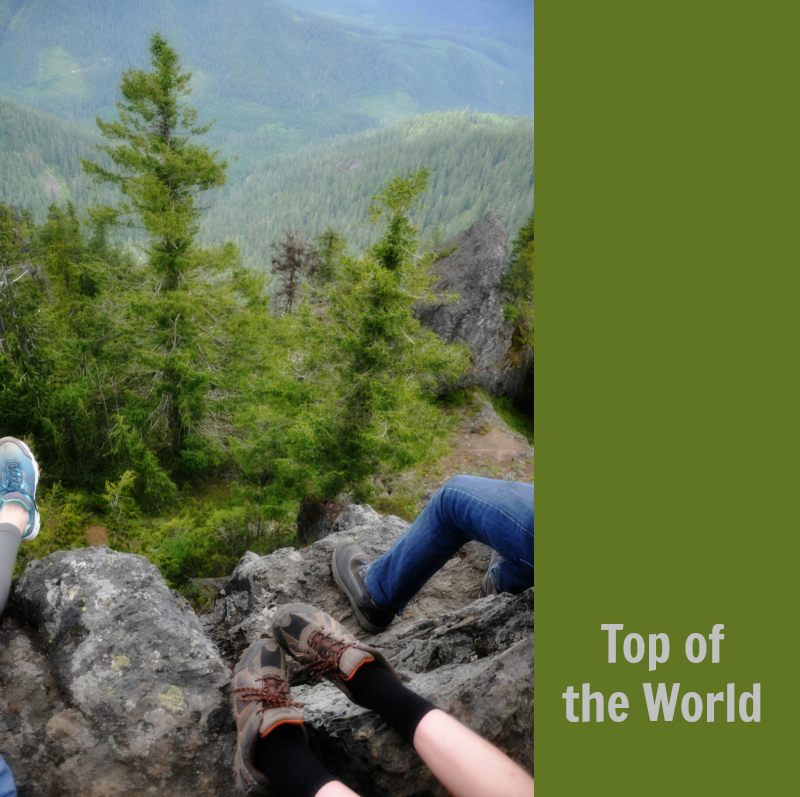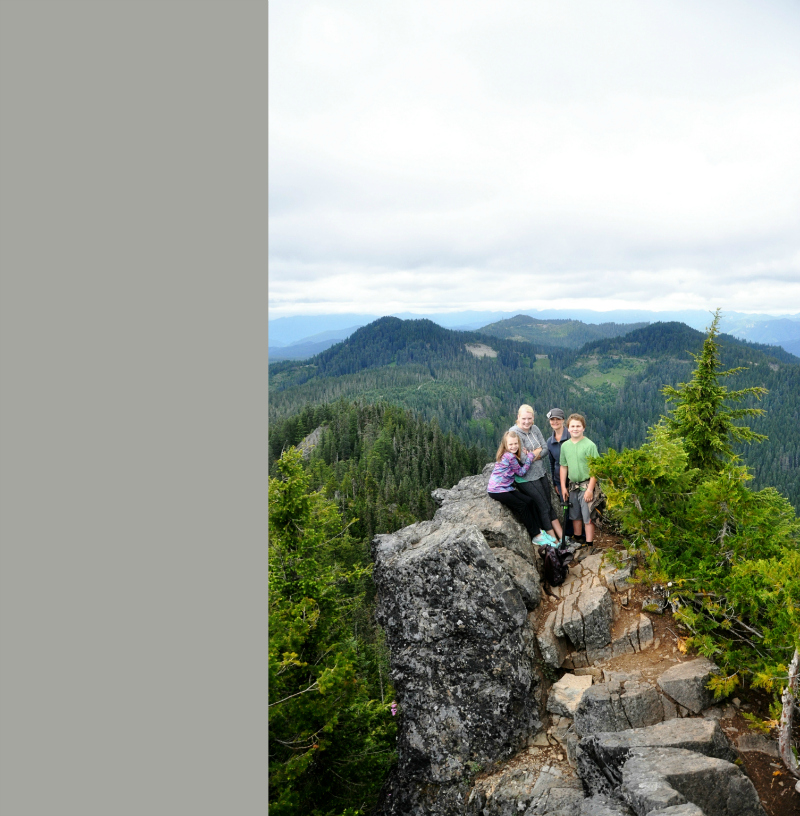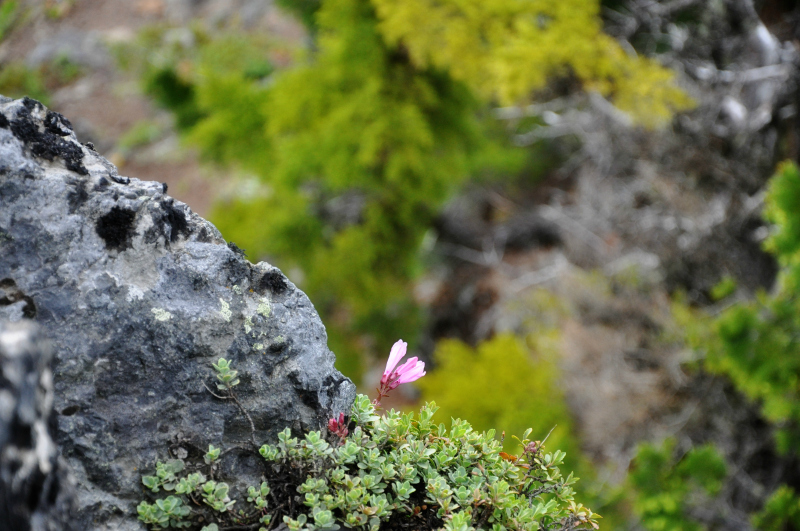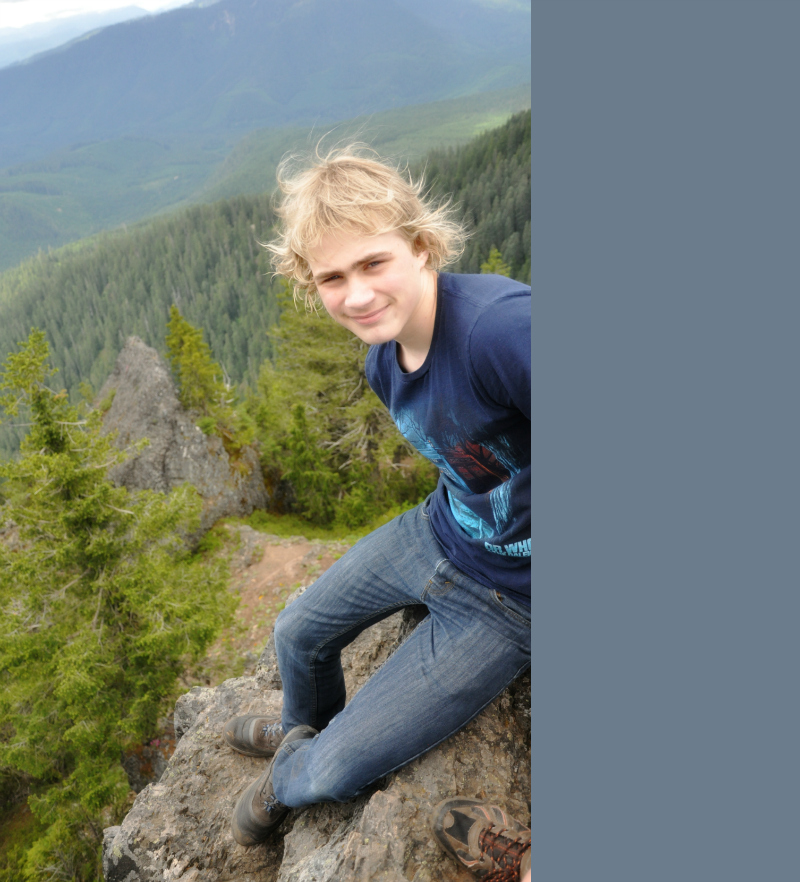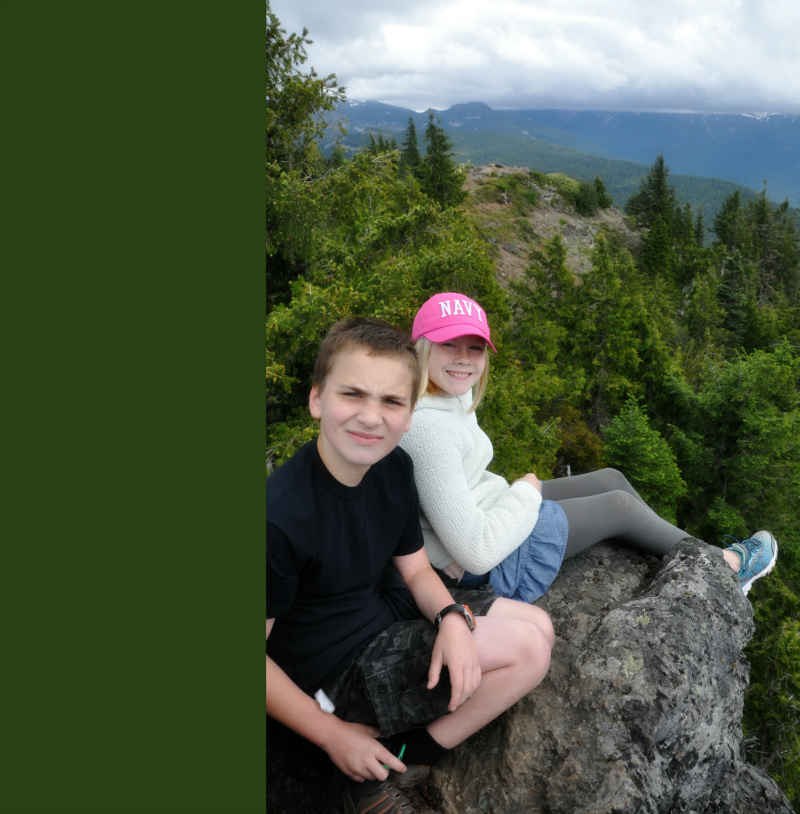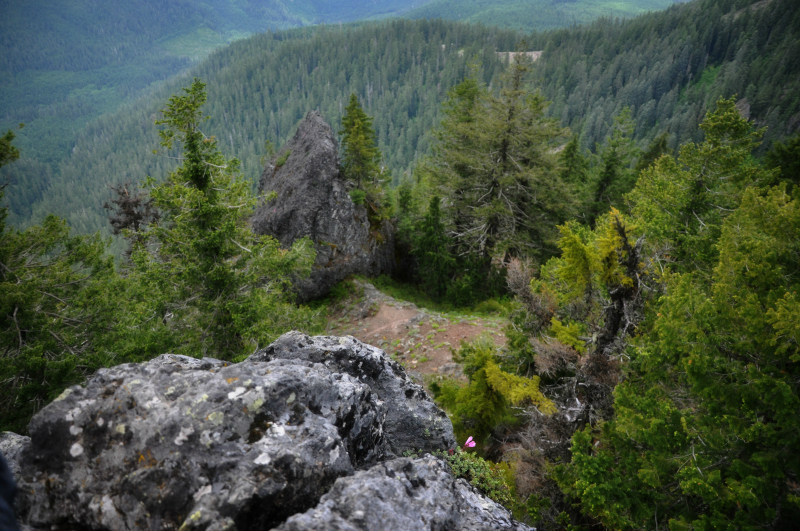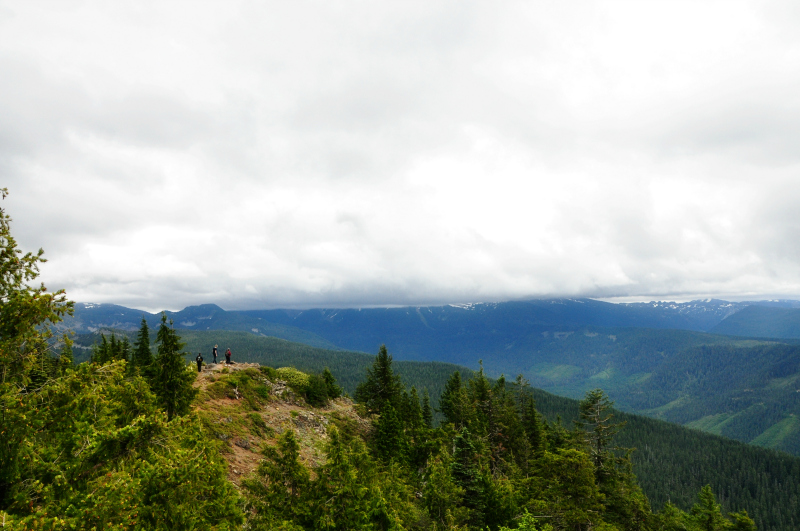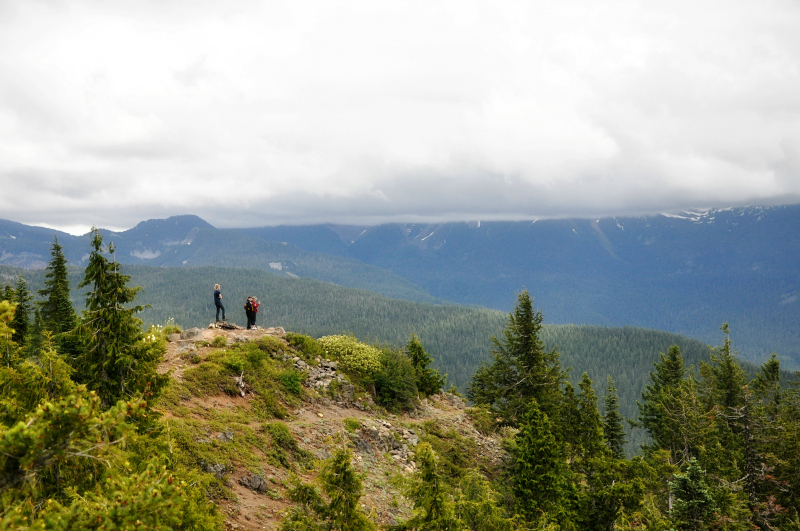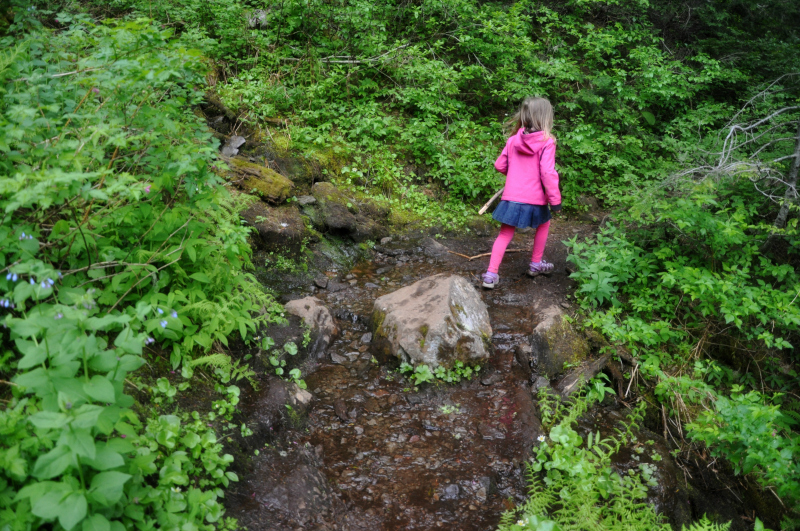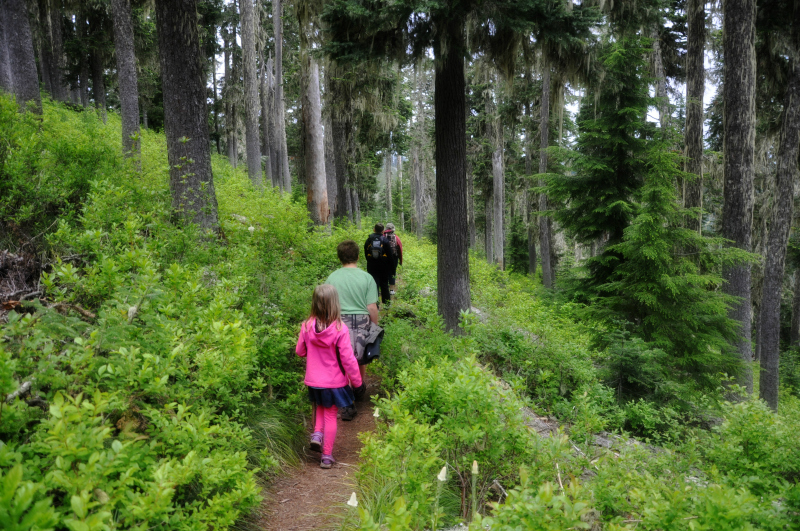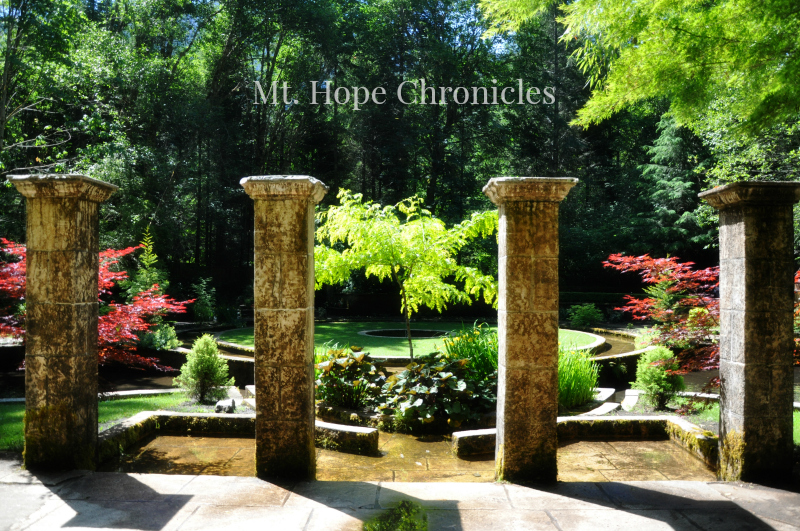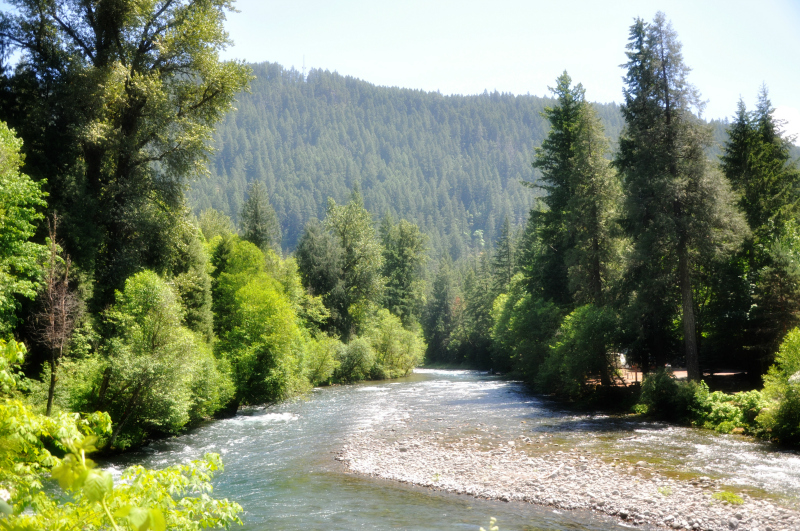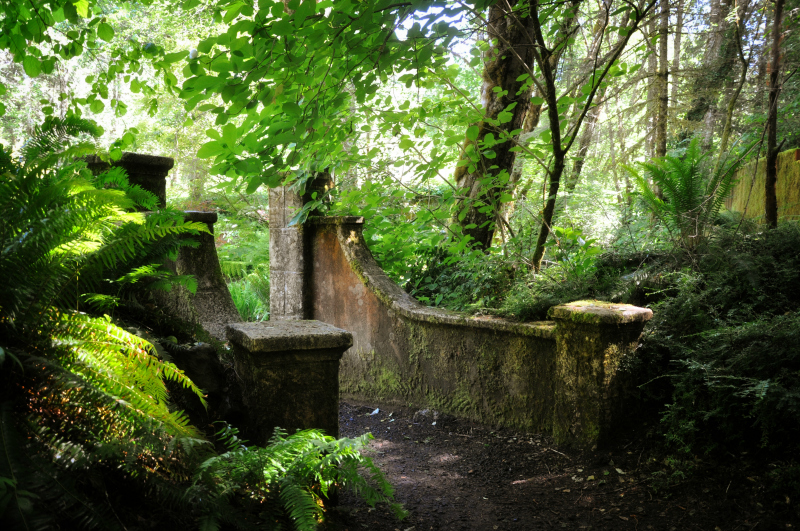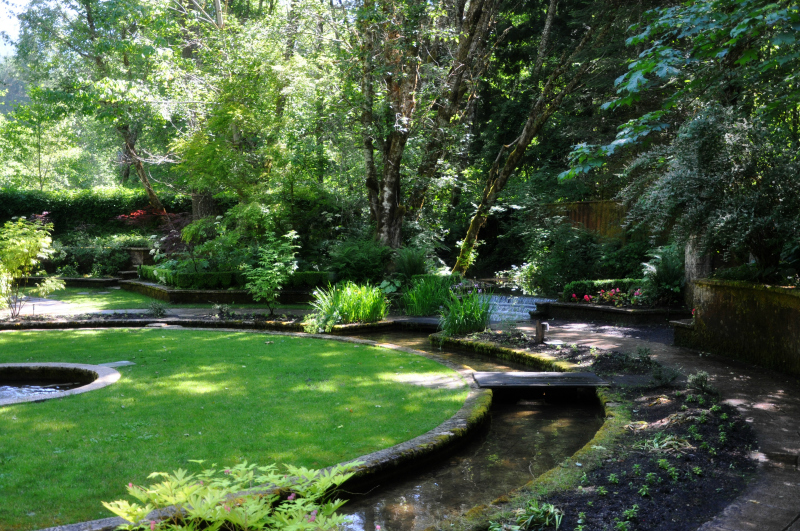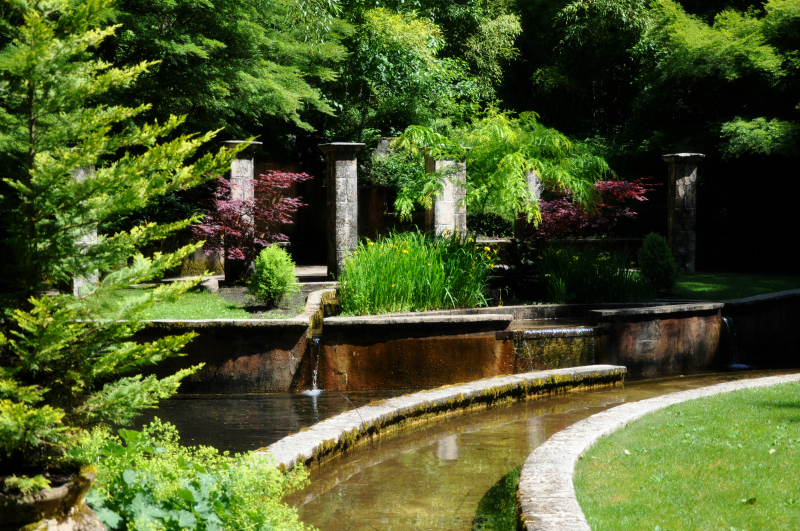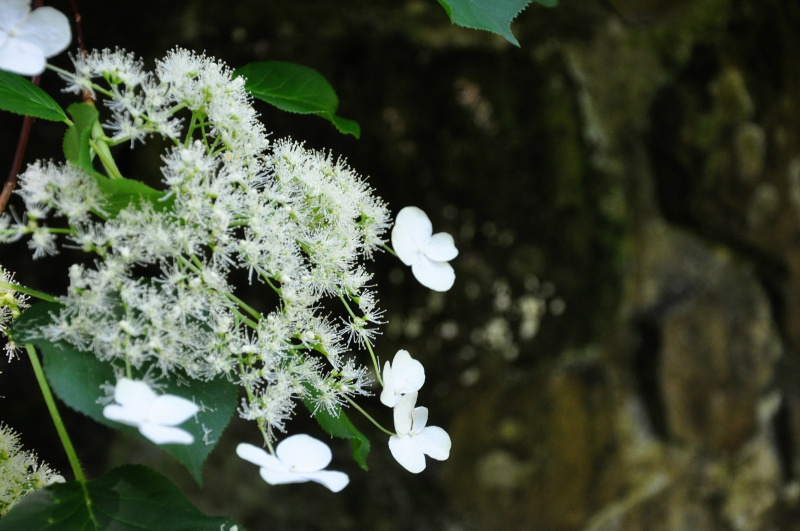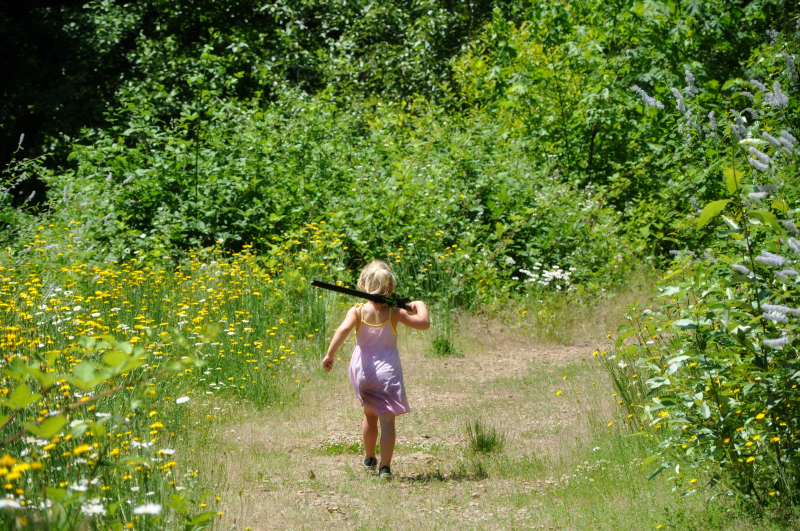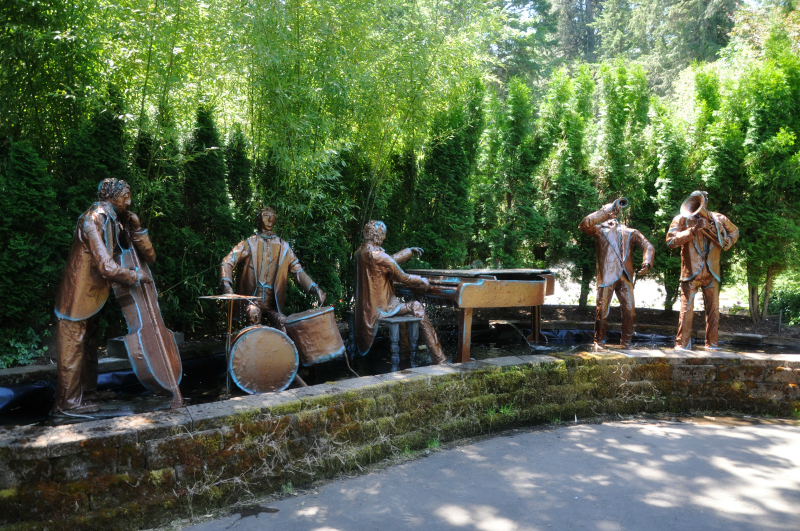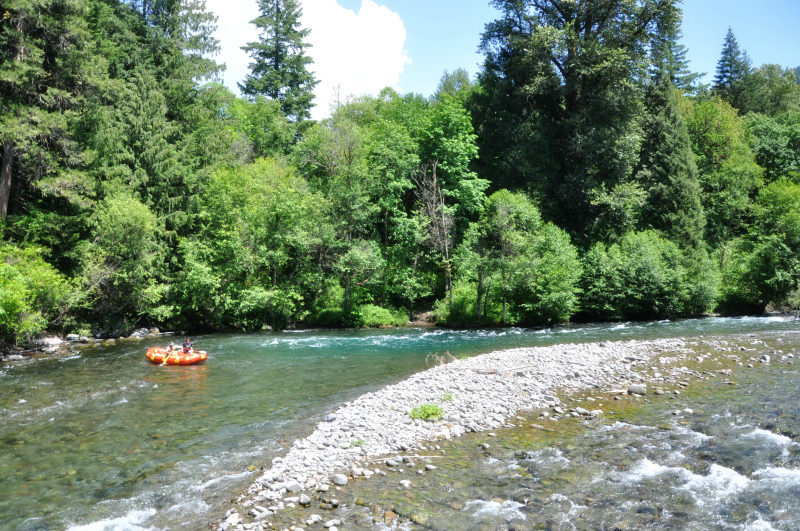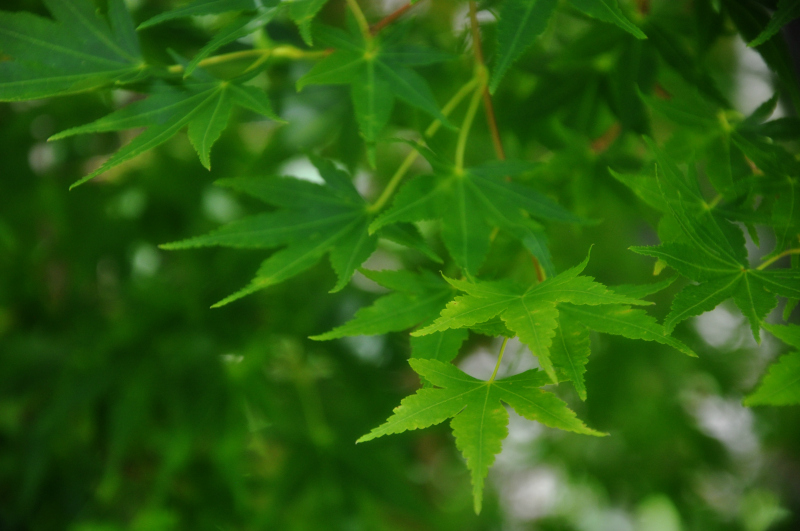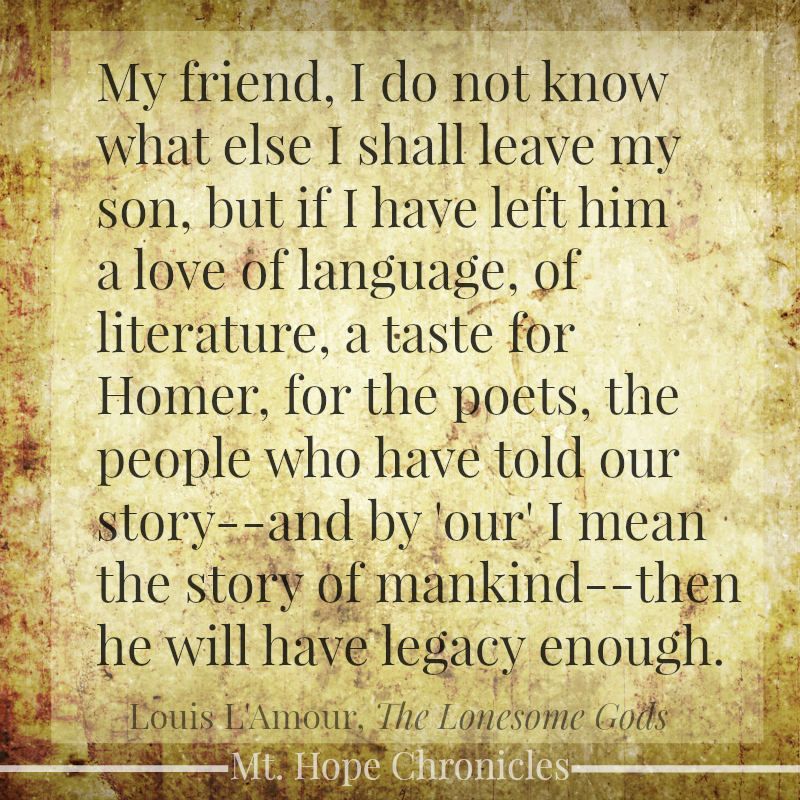
The Lonesome Gods. It moved me. It stirred my soul. I’d pause and clasp the book to my heart and sigh. I wanted to stand up and shout. And bow down with respect.
Today, Father’s Day, seems like the perfect day to talk about this book because one of the main themes of the story is the legacy that a father leaves his son.
Louis L’Amour.
Whenever I heard that name, the first thought that came to my mind was “cliche Western.” I had never read a Louis L’Amour book until this month.
I had no idea.
I had no idea that Louis L’Amour was himself a wandering man who loved books and stories. This is a man who lived. From the biography at the end of this printed edition:
Mr. L’Amour left home at the age of fifteen and enjoyed a wide variety of jobs, including seaman, lumberjack, elephant handler, skinner of dead cattle, miner, and an officer in the transportation corps during World War II. During his “yondering” days he also circled the world on a freighter, sailed a dhow on the Red Sea, was shipwrecked in the West Indies, and stranded in the Mojave Desert. He won fifty-one of fifty-nine fights as a professional boxer and worked as a journalist and lecturer. He was a voracious reader and collector of rare books. His personal library contained 17,000 volumes.
I had no idea.
In his memoir, Education of a Wandering Man, L’Amour wrote:
We are, finally, all wanderers in search of knowledge. Most of us hold the dream of becoming something better than we are, something larger, richer, in some way more important to the world and ourselves. Too often, the way taken is the wrong way, with too much emphasis on what we want to have, rather than what we wish to become.
Guess which book just sailed straight to the top of my to-read list.
He said,
I think of myself in the oral tradition—as a troubadour, a village taleteller, the man in the shadows of the campfire. That’s the way I’d like to be remembered—as a storyteller. A good storyteller.
Indeed. Let me tell you: I inhaled The Lonesome Gods.
“It was a story to make a boy lean forward.” [as Leif Enger would say, So Brave, Young, and Handsome]
And, indeed, my twelve-year-old son inhaled all 545 pages of it in one day, as did my husband over a couple days.
It has character. It has wisdom. It has action.
G.K. Chesterton once wrote,
The thing which keeps life romantic and full of fiery possibilities is the existence of these great plain limitations which force all of us to meet the things we do not like or do not expect… To be in a romance is to be in uncongenial surroundings. To be born into this earth is to be born into uncongenial surroundings, hence to be born into a romance.
The Lonesome Gods is a romance in the the most beautiful and broad sense. It is about a very young boy, born into uncongenial surroundings. He and his father are heading west at the beginning of the story. From there, the boy is met with great plain limitations which force him to meet challenges.
I have a list of my favorite men in literature—fathers in particular. Atticus Finch in To Kill a Mockingbird, Jeremiah Land in Peace Like a River, John Ames in Gilead, Charles Moody in Little Britches. When I finished reading Far from the Madding Crowd earlier this year, I wanted three more sons so I could name them Gabriel, Oak, and Sheppard.
Well, now I need another son, and I’ll name him Johannes.
Throughout the story, Johannes embodies his father’s legacy. His father said,
“Much of what I say may be nonsense, but a few things I have learned, and the most important is that he who ceases to learn is already a half-dead man. And do not be like an oyster who rests on the sea bottom waiting for the good things to come by. Search for them, find them.”
“But read. There are books here, read them, all of them. Find others. Many a man has done well with no more of an education than what he can have by reading.”
And later,
There was a time when a man spoke very impatiently to my father. He had seen a copy of the Iliad lying on the table. “You are reading this? he asked.
“I have read it many times. Now I read it to my son.”
“But he is too young!” The man protested, almost angry.
“Is he? Who is to say? How young is too young to begin to discover the power and beauty of words? Perhaps he will not understand, but there is a clash of shields and a call to trumpets in those lines. One cannot begin too young nor linger too long with learning.”
More, more beautiful words and then,
“Men need stories to lead them to create, to build, to conquer, even to survive, and without them the human race would have vanished long ago. Men strive for peace, but it is their enemies that give them strength, and I think if man no longer had enemies, he would have to invent them, for his strength only grows from struggle.”
Johannes grows strong in stature and endurance, in intelligence, in wisdom, and humility. His father also had advised him,
“These are rough boys. If they push or shove you, don’t talk, don’t call names, don’t argue. Hit them first, and hard.”
“I don’t want a fight, but if we get one, we’ve got to win it or die.”
[Another character about his father] “Just knowin’ how to shoot is one thing, knowing when to shoot is something else again, an’ your pa has savvy.”
This story is not only about book-learning.
“The farmer, the hunter, or the deep-sea fisherman always had his eyes upon the heavens. He lived with their vagaries as much as with the trails he followed or the furrows he plowed. He could read the weather in the clouds, locate distant islands or lagoons by their appearance. He knew the flight of birds and which lived upon land and which upon the sea. Long before there was a compass, he understood how to locate the sun on an overcast day. He who sits at a desk and tries to understand by logic often loses touch with the realities… Remember this: the poor peasant, the hunter, or the fisherman may have knowledge that scholars are struggling to learn.”
More from his school teacher:
“All education is self-education. A teacher is only a guide, to point out the way, and no school, no matter how excellent, can give you an education. What you receive is like the outlines in a child’s coloring book. You must fill in the colors yourself. I hope, in these classes, to give you an idea of where you came from, how you got here, and what has been said about it.”
And his adopted mother [the strength of her character is praise-worthy] :
“Neither age nor size makes a man, Johannes. It is willingness to accept responsibility.”
I just want to cry just thinking about it.
Learn. Read. Live life. Admire artistry. Be humble. Be strong. Be quick. Listen more than you talk. Be wise and discerning. Pay attention to your surroundings. Know nature. Accept responsibility.
Do not be afraid.
Sob.
Okay, I’m finished swooning.
Luke is my son who loves wilderness survival-themed books. His other favorites include My Side of the Mountain, Hatchet (and other Paulsen books), the Little Britches series, Where the Red Fern Grows, and The Sign of the Beaver. The Lonesome Gods was a perfect book to transition him from children’s books to grown-up books now that he is twelve. I’m adding more L’Amour books to our shelves this year.
